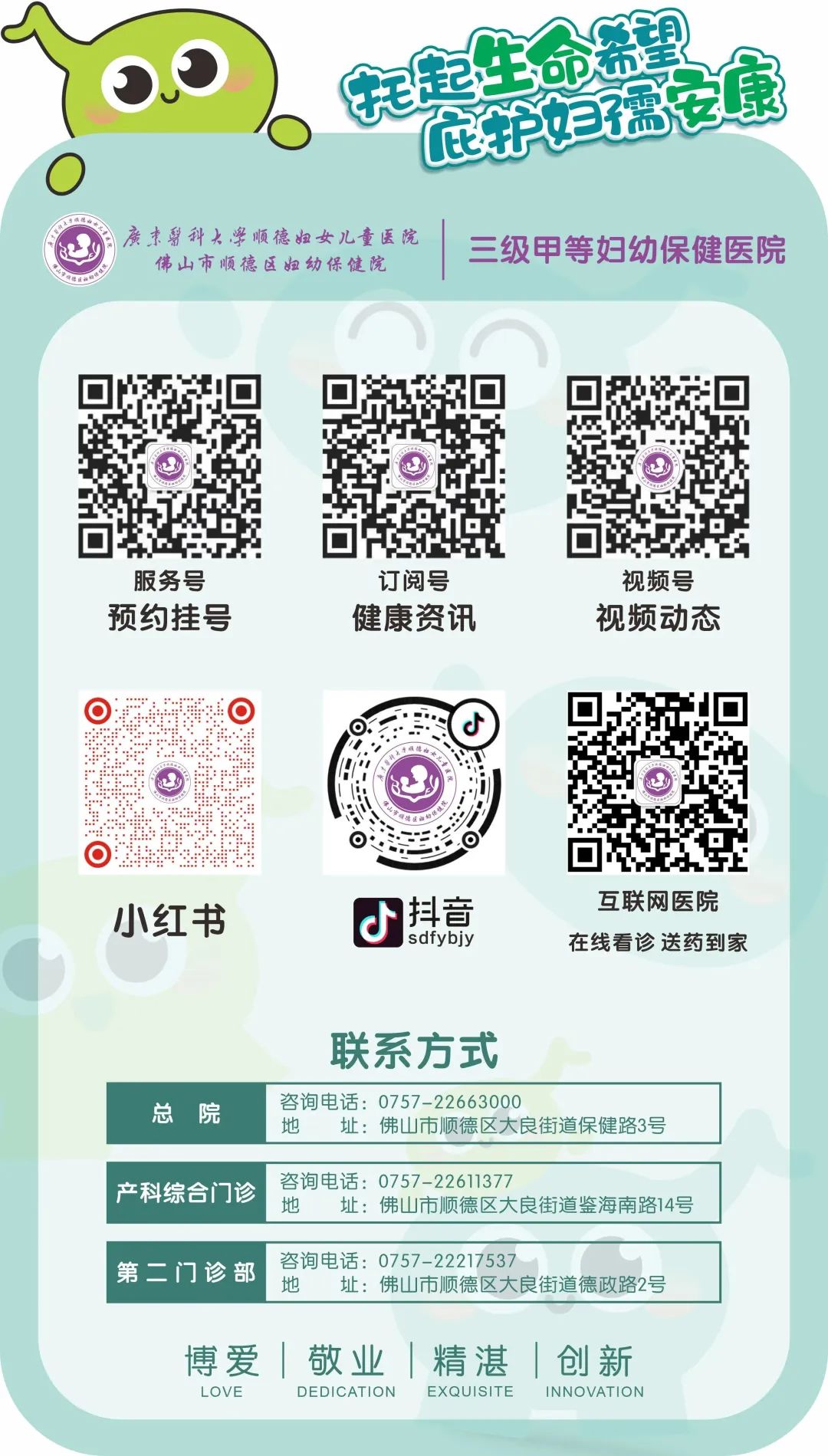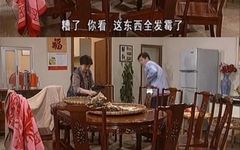Recently,
the weather in Guangdong
has beenalternating between returning to humidity and cooling down.

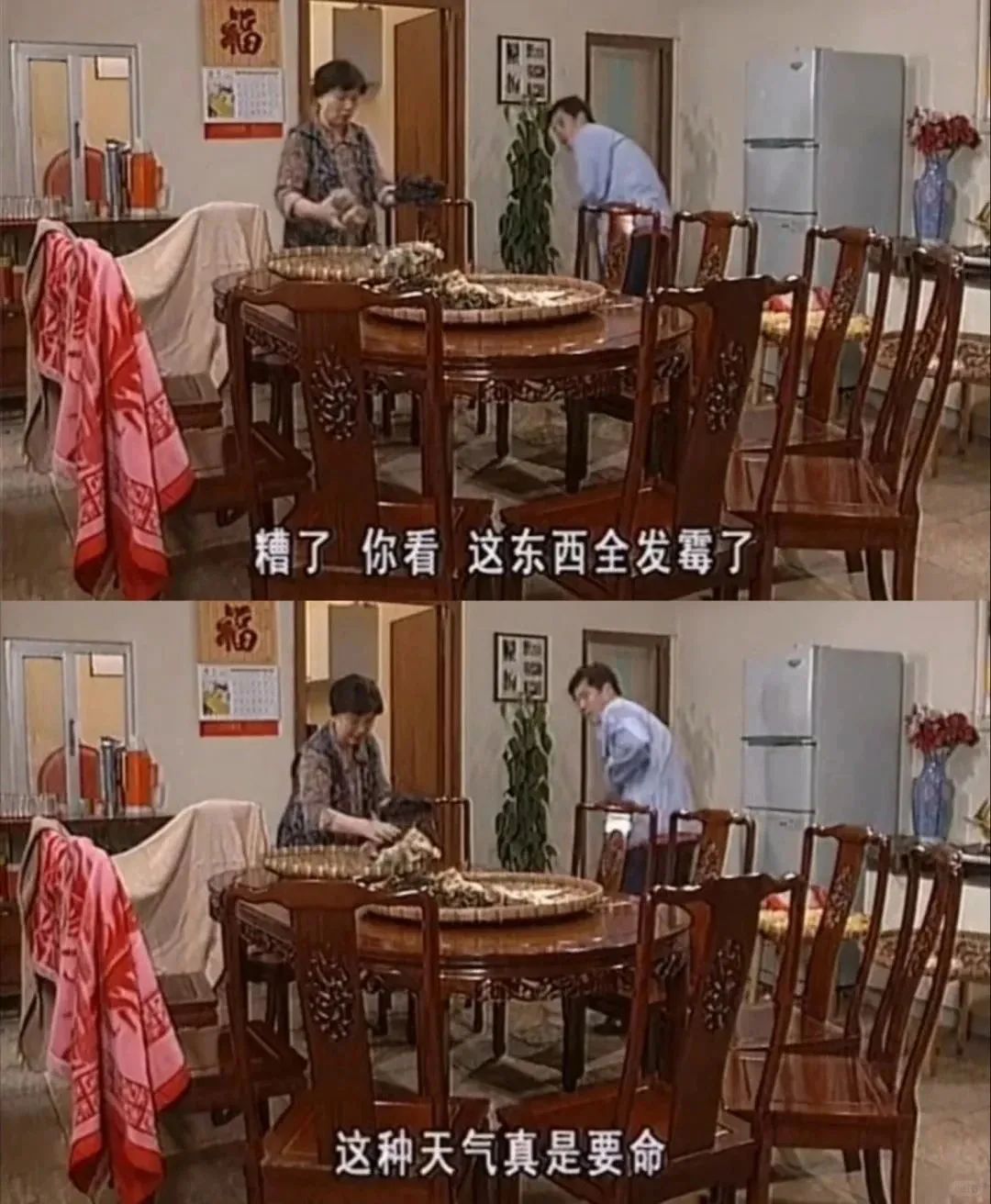
During the “returning to humidity” days, everything feels “damp”.
Is our body the same?
Here are four ways to check if there is dampness in your body:
1
Check the tongue coating.Stick out your tongue and observe; if the coating is thick, white, and greasy, it indicates dampness in the body. If the coating changes from thick white and greasy to thick yellow and greasy, it indicates damp-heat.
2
Check your energy levels.If you still feel sluggish and heavy-headed upon waking up, with a sense of heaviness in your limbs, making you feel wrapped up and reluctant to move, this is what TCM refers to as “heaviness from dampness”.
3
Check your appetite.Dampness often leads to a bland or sweet taste in the mouth, decreased appetite, abdominal bloating, and even diarrhea.
4
Check your stool.If the stool is unformed, it indicates dampness in the body. Even if the stool is formed, if it sticks to the toilet and is hard to flush away, or if you feel the urge to defecate again right after, this also indicates dampness in the body.
So, how can we eliminate dampness from our bodies, unlike using a dehumidifier or desiccant for our living spaces? Dr. Xia Rui from the Shunde Women and Children’s Hospital of Guangdong Medical University shares a good recipe for a spleen-strengthening and damp-removing soup to help everyone healthily navigate the fluctuating humidity!
Spleen-Strengthening Damp-Removing Soup

Ingredients: Prepare10 grams each of Dang Shen (Codonopsis), Fu Ling (Poria), Bai Zhu (White Atractylodes), Yi Yi Ren (Job’s Tears), Bai Bian Dou (Lima Bean), Lian Zi (Lotus Seed), Chen Pi (Dried Tangerine Peel), and Wu Zhi Mu (Five-Fingered Peach).
Method: You can cook this soup with pork ribs or chicken, or brew it as a tea.
Doctor’s Introduction
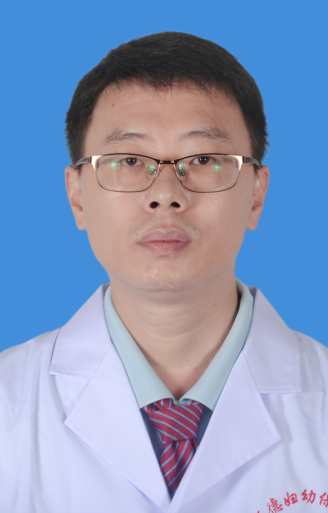
Xia Rui
PhD, Postdoctoral Fellow
Shunde Women and Children’s Hospital of Guangdong Medical University
Attending Physician in TCM Gynecology and Integrated Sleep Center
Currently a youth member of the Rehabilitation Medicine Committee of the Chinese Association of Integrated Traditional and Western Medicine, and a standing committee member of the Acupuncture Rehabilitation Committee of the Guangdong Acupuncture Society. He studied under Professor Chen Lidian, an academician of the International Eurasian Academy and president of the Chinese Rehabilitation Medicine Association.
Specializes in:Integrated treatment of sleep disorders, cognitive disorders, male infertility, semen abnormalities, prostatitis, joint pain, and post-stroke sequelae. Currently leading one provincial and one municipal project, participating in one national key research and development project, three National Natural Science Foundation projects, and has published over 30 papers in SCI and core journals, receiving the third prize in science and technology from the Chinese Rehabilitation Medicine Association.
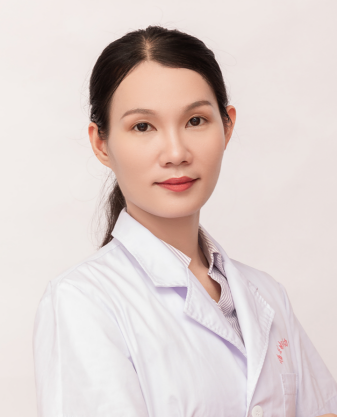
Li Nanxi
Shunde Women and Children’s Hospital of Guangdong Medical University
Physician in TCM Gynecology and Integrated Sleep Center
Master’s degree, graduated from Guangxi University of Chinese Medicine with a major in Acupuncture and Tuina, studied under renowned TCM physician Professor Huang Jinjun from Guangxi.
Specializes in:Acupuncture, Tuina, cupping therapy, and comprehensive TCM treatments for neck, shoulder, waist, and leg pain, postpartum pain, gastrointestinal diseases, menstrual disorders, pelvic inflammatory disease, weight management, sub-health, and chronic fatigue syndrome.
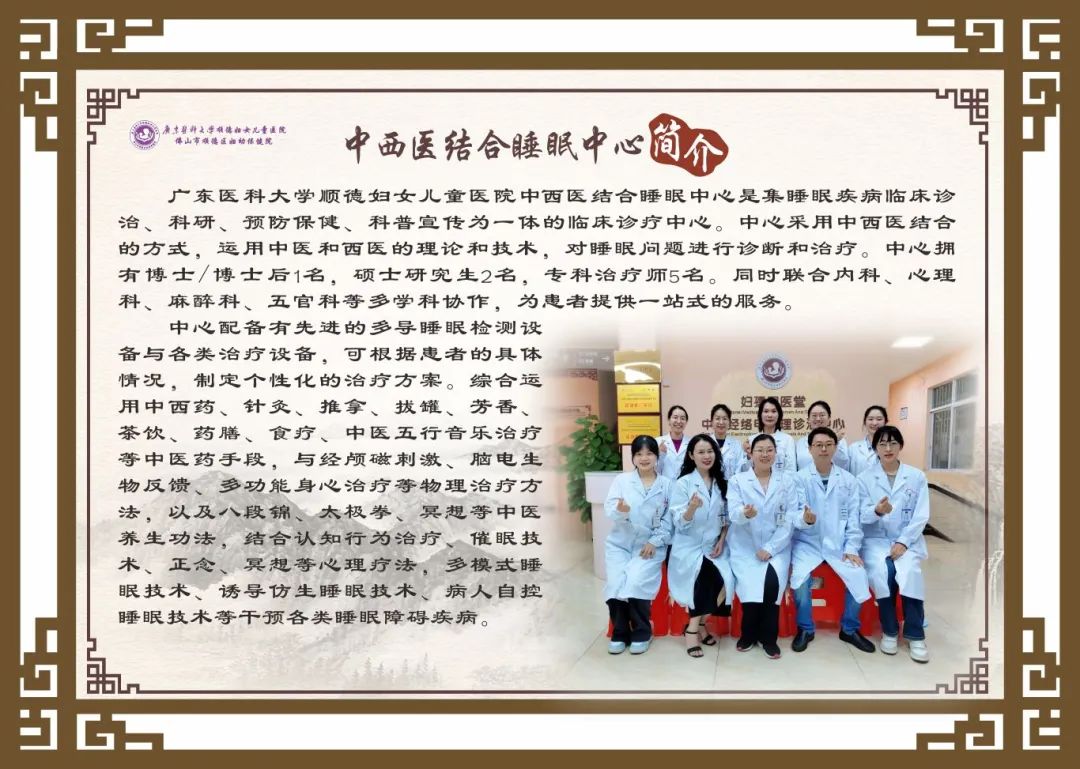
Shunde Women and Children’s Hospital of Guangdong Medical University
TCM Gynecology
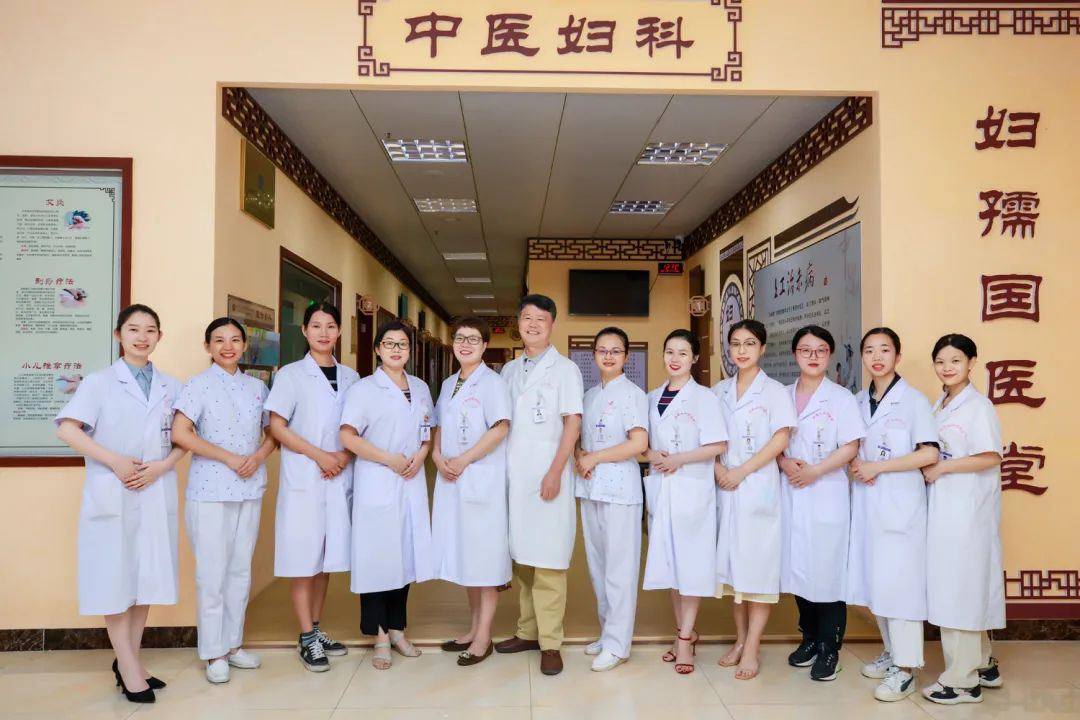
The TCM Gynecology department of Shunde Women and Children’s Hospital of Guangdong Medical University is a key specialty in Foshan during the 14th Five-Year Plan, and one of the first national TCM clinics for women and children. In 2023, it was upgraded to a national model clinic for women and children. The department is a national training center for TCM meridian electrophysiology and an excellent demonstration base for electrophysiology technology, as well as a project unit for maternal and child TCM rehabilitation capacity building. The department has introduced Professor Li Kunyin, a renowned TCM physician from Guangdong Province, and established the Li Kunyin TCM Studio to enhance the hospital’s integrated gynecological diagnosis and treatment capabilities.
The department currently has a team of 8 doctors, including 1 chief physician, 2 associate chief physicians, and all team members hold a master’s degree or higher, with 3 holding doctoral degrees (including 2 postdoctoral fellows), and 1 master’s supervisor. Team members have been selected as outstanding young TCM talents in Foshan and leading talents in Shunde District.
TCM Gynecology is a first-level clinical department integrating specialized diagnosis and treatment, teaching, research, preventive health care, and rehabilitation, covering more than ten TCM specialty treatment projects, with rich clinical experience in treating menstrual disorders, premature ovarian function, thin endometrium, tubal infertility, immune infertility, chronic pelvic inflammatory disease, conservative treatment of ectopic pregnancy, vaginitis, threatened abortion, primary dysmenorrhea, postpartum recovery, insomnia, neck, shoulder, waist, and leg pain, and other diseases.
[Maternal and Child Health Science Communication] Written by: TCM Gynecology Xia Rui; Edited by: Ai Yin; Reviewed by: Xin Ying, Lu Min; Audited by: Wang Zhouyan
